In the bustling streets of Algiers or the serene landscapes of the Sahara, one ritual remains a constant across Algeria—the preparation and sharing of mint tea. More than just a beverage, mint tea in Algeria is a symbol of hospitality, tradition, and social connection. Its preparation is an art form, its serving a gesture of warmth, and its flavor a reflection of the country’s rich cultural tapestry.
The origins of Algerian mint tea can be traced back to the 19th century, when tea was introduced to North Africa through trade routes. While tea itself was not native to the region, Algerians quickly adopted it and made it their own by blending it with fresh mint and copious amounts of sugar. This adaptation was not just about taste; it was a way to cope with the scorching heat of the desert, as mint is known for its cooling properties. Over time, the drink became deeply embedded in Algerian daily life, evolving into a cultural cornerstone.
The preparation of mint tea in Algeria is a meticulous process, often performed with a sense of ceremony. Green tea leaves, usually of the Gunpowder variety, are rinsed briefly to remove bitterness before being steeped in boiling water. Fresh mint sprigs—spearmint is the most commonly used—are then added, along with a generous amount of sugar. The tea is poured from a height, often using a silver teapot, to aerate it and create a frothy top layer. This act of pouring, known as "the high pour," is not just for show; it enhances the tea’s flavor and ensures the perfect blend of mint and tea.
What sets Algerian mint tea apart from its Moroccan or Tunisian counterparts is the intensity of its sweetness and the robustness of its mint flavor. Algerians take pride in their tea, often serving it in small, ornate glasses that allow the aroma to rise and envelop the drinker. The tea is typically enjoyed throughout the day, but it holds special significance during social gatherings. Whether it’s a family reunion, a business meeting, or a casual visit between friends, mint tea is the common thread that ties these moments together.
Beyond its role as a social lubricant, mint tea in Algeria carries deeper cultural meanings. It is a gesture of respect when offered to guests, a sign of goodwill during negotiations, and even a remedy for minor ailments. Many Algerians believe in its digestive benefits, often serving it after meals. In rural areas, where modern medicine may be scarce, mint tea is sometimes used as a folk remedy for everything from headaches to colds. Its versatility is a testament to its importance in Algerian life.
The tea culture in Algeria also reflects the country’s historical influences. The French colonial period introduced café culture, but tea remained the drink of choice for most Algerians. Today, while coffee has its place, mint tea continues to dominate, especially in homes and traditional settings. The resilience of this tradition speaks volumes about its significance in Algerian identity. Even as globalization brings new beverages and trends, mint tea remains unchallenged as the national drink.
In recent years, Algerian mint tea has begun to gain international recognition. Food bloggers and travel writers often highlight it as a must-try experience for visitors. Some Algerian expatriates have even opened tea houses abroad, sharing their heritage with the world. Yet, no matter how far it travels, the essence of Algerian mint tea remains rooted in the rituals and values of its homeland. It is more than a drink—it is a story of history, community, and identity, served one glass at a time.
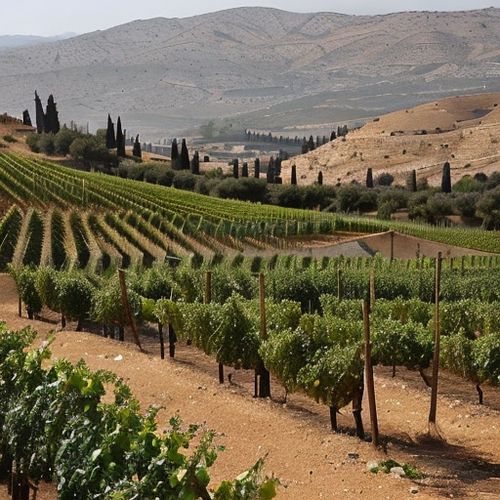
By Jessica Lee/May 10, 2025

By Victoria Gonzalez/May 10, 2025
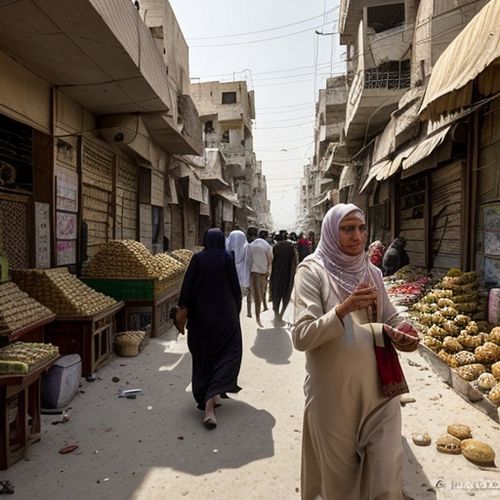
By Noah Bell/May 10, 2025
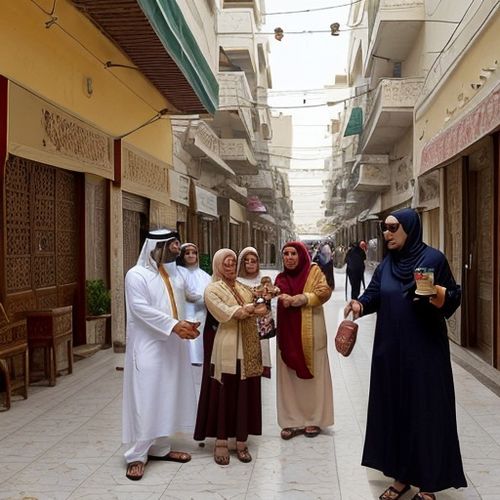
By Benjamin Evans/May 10, 2025
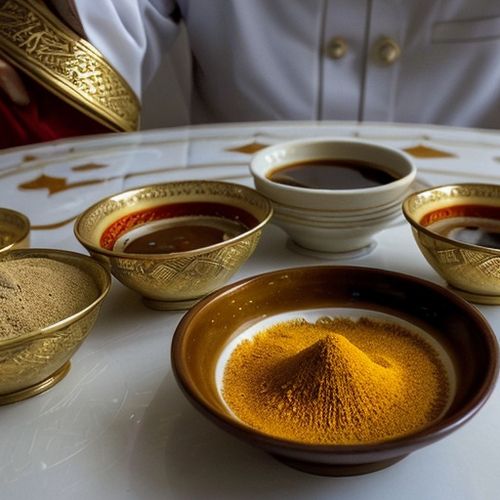
By Rebecca Stewart/May 10, 2025
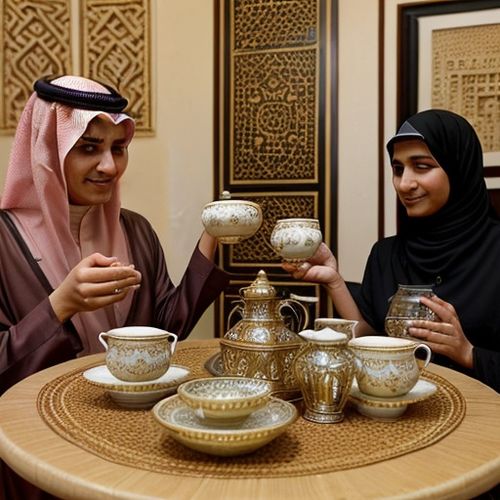
By Daniel Scott/May 10, 2025
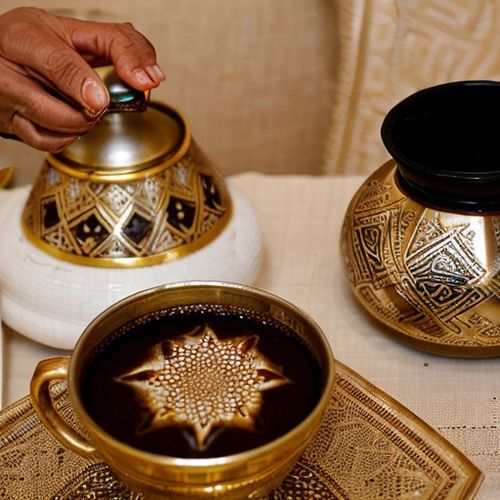
By Samuel Cooper/May 10, 2025
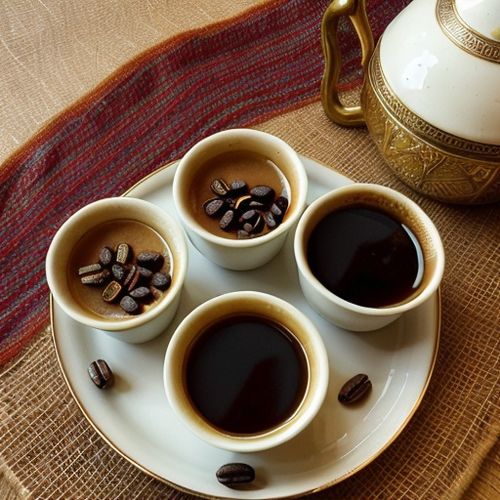
By Ryan Martin/May 10, 2025
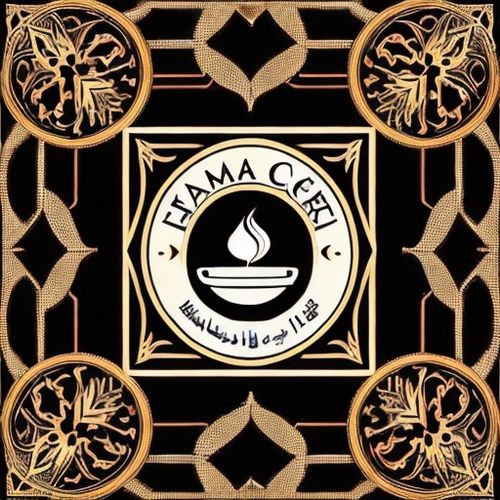
By James Moore/May 10, 2025

By Rebecca Stewart/May 10, 2025
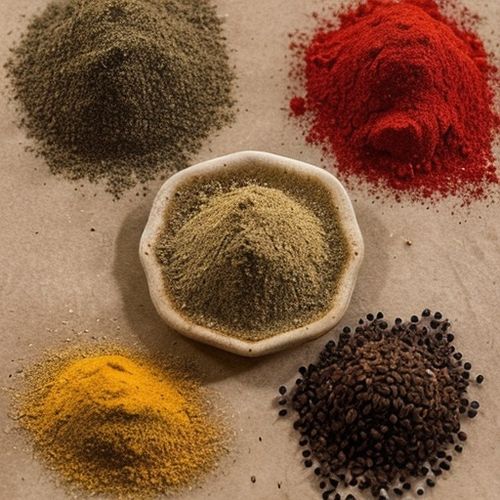
By Rebecca Stewart/May 10, 2025
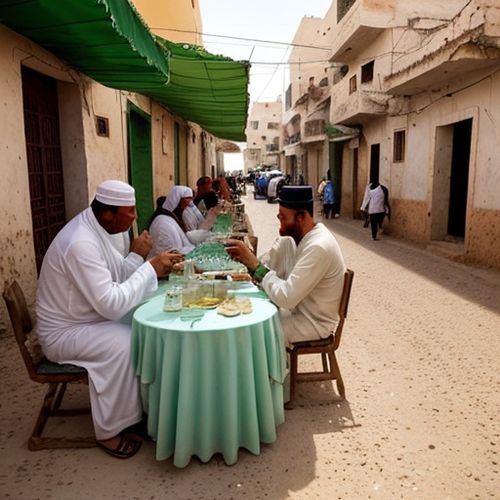
By Thomas Roberts/May 10, 2025
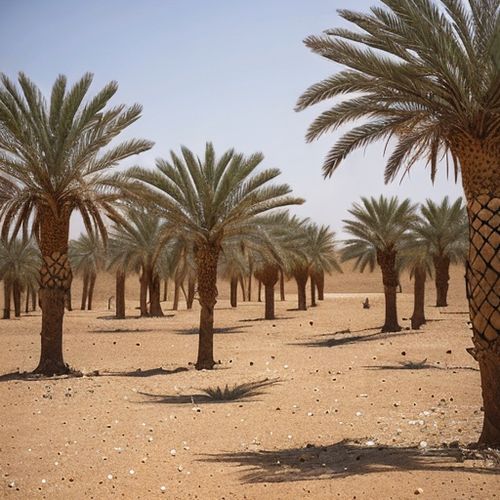
By Grace Cox/May 10, 2025

By Sophia Lewis/May 10, 2025
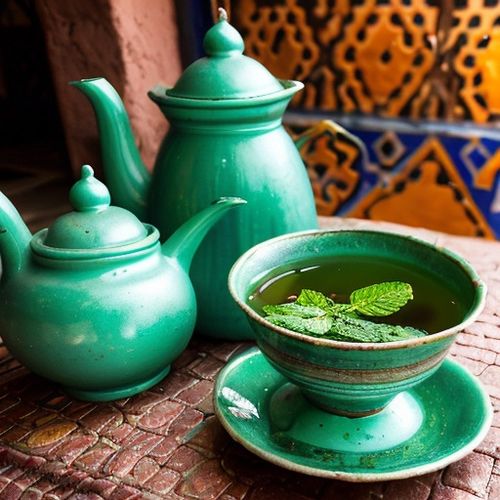
By Sophia Lewis/May 10, 2025

By Daniel Scott/May 10, 2025
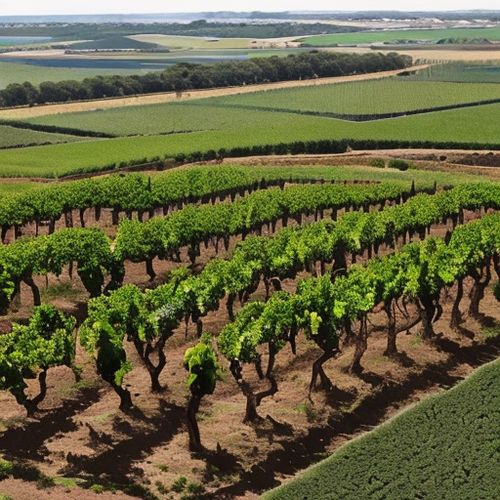
By Amanda Phillips/May 10, 2025

By Lily Simpson/May 10, 2025

By Natalie Campbell/May 10, 2025

By Olivia Reed/May 10, 2025